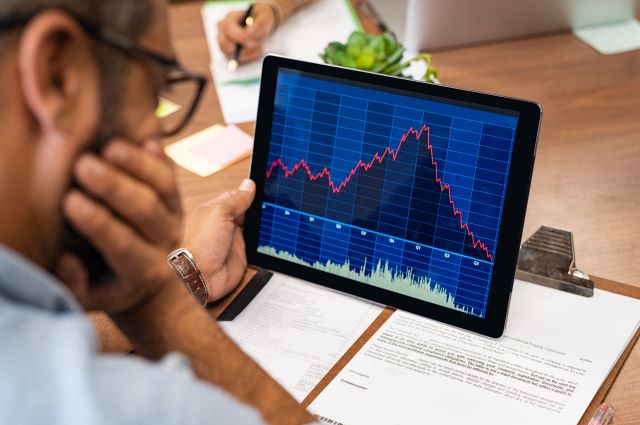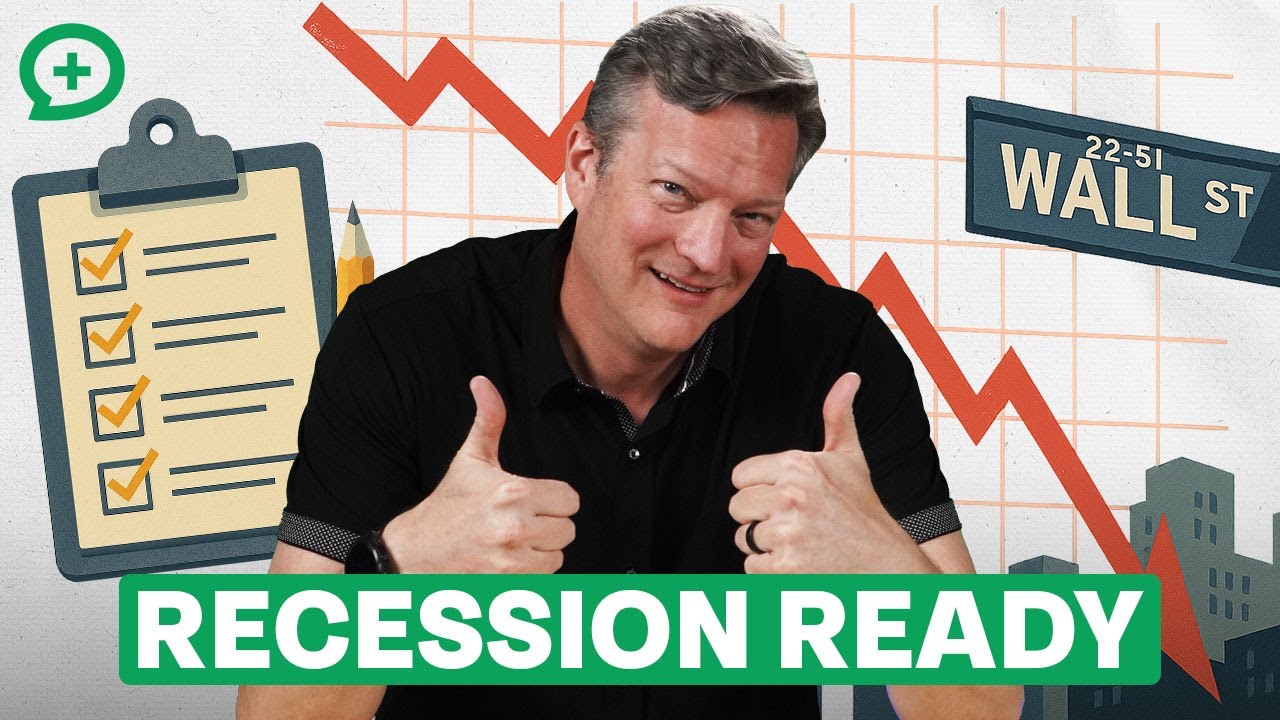
Nobody, it seems, is afraid to make predictions about the direction the economy is headed in. If you pay attention to the news, you’ll commonly see headlines like ‘It’s time to start talking about a US recession’, or ‘6 signs we’re closer to the next recession than you think’. “If it bleeds, it leads” is the motto of fear-based media that preys on our anxieties to gain popularity. Decades ago, fear was used to sell newspapers; now, it’s used to generate clicks.
Why is so much of the media now based on fear?
News outlets aren’t non-profits. They exist to make money, and many of them have found that they can make more money by running sensational and fear-mongering stories. To grab your attention, they’ll introduce a problem. In the financial world, the problem is usually “a recession is coming.” To keep your attention, they’ll promise a solution to the problem. This is why you often see headlines like ‘The Next Recession Is Coming: Here’s How To Protect Your Portfolio’. There’s nothing wrong, of course, with making sure your portfolio is prepared for bad times; in fact, you should be prepared for anything.
The problem with fear-mongering headlines is that the danger is always imminent. Another recession has been right around the corner ever since the current expansion started back in 2009. If you were reading the news back then, you probably saw headlines like ‘The risk of a double-dip recession is rising’, or ‘Recession Over? Not So Fast Says Economic Panel’. Fear gives people a rush of adrenaline, and creates a sense of urgency. Many media outlets have discovered that selling fear is the best way to stay in business.
Why recession predictions generate fear
Recessions are scary for several different reasons. Unemployment rates are usually high during recessions, and workers in certain industries, like construction, are hit hardest by job cuts. They are also scary because many Americans haven’t done such a great job preparing for retirement. 78% of the population is concerned about not having enough money for retirement, and 33% of baby boomers (ages 55-75) have less than $25,000 saved for retirement.
Recessions inspire fear in many Americans because they can’t afford them. They risk losing a substantial chunk of retirement savings, a chunk that in many cases is desperately needed in order to survive retirement. If you’ve saved an adequate amount for retirement and your portfolio is constructed to weather bad economic times, a recession will still be scary but not devastating.
Can anyone predict recessions?
Just like a broken clock is right twice a day, there have been predictions made about recessions that turned out to be correct. Picking who or what to listen to is a little like trying to pick stocks. It can be nearly impossible to know which stocks are going to rise and which are going to fall, just like it is nearly impossible to know who will correctly predict the next recession and when their prediction will be correct. (You can almost guarantee that if someone correctly predicted a recession, they incorrectly predicted many more before that).
Why it’s dangerous to believe the predictions
Predictions that don’t affect actions are harmless, but there are many people who believe predictions and take action based on those predictions. If you had believed the headlines in 2009 and 2010 that we were headed for a double-dip recession, you may have pulled your money out of stocks and missed out on tremendous growth in the market – the S&P 500 was up 27.11% in 2009 and 14.87% in 2010.
Last year, 2019, we saw many fear-mongering headlines warning of an economic slowdown and an impending recession. The S&P 500 finished up 31.10% for the year. If you believe everything you read or see in the news you’ll end up losing your mind. Inevitably, someone will get lucky and predict the next recession, but who will it be? Those who end up making the correct prediction probably even doubt their own accuracy.
Our latest show, How To Make Money In 2020 by Predicting The Future, debunks many of the myths surrounding financial predictions. Bo and Brian also discuss what predictions you can count on heading into 2020. You can watch it now on YouTube using the player below.













